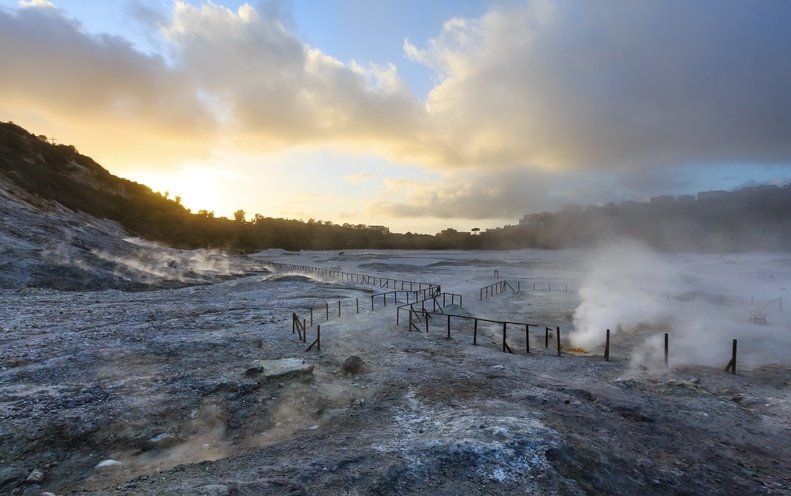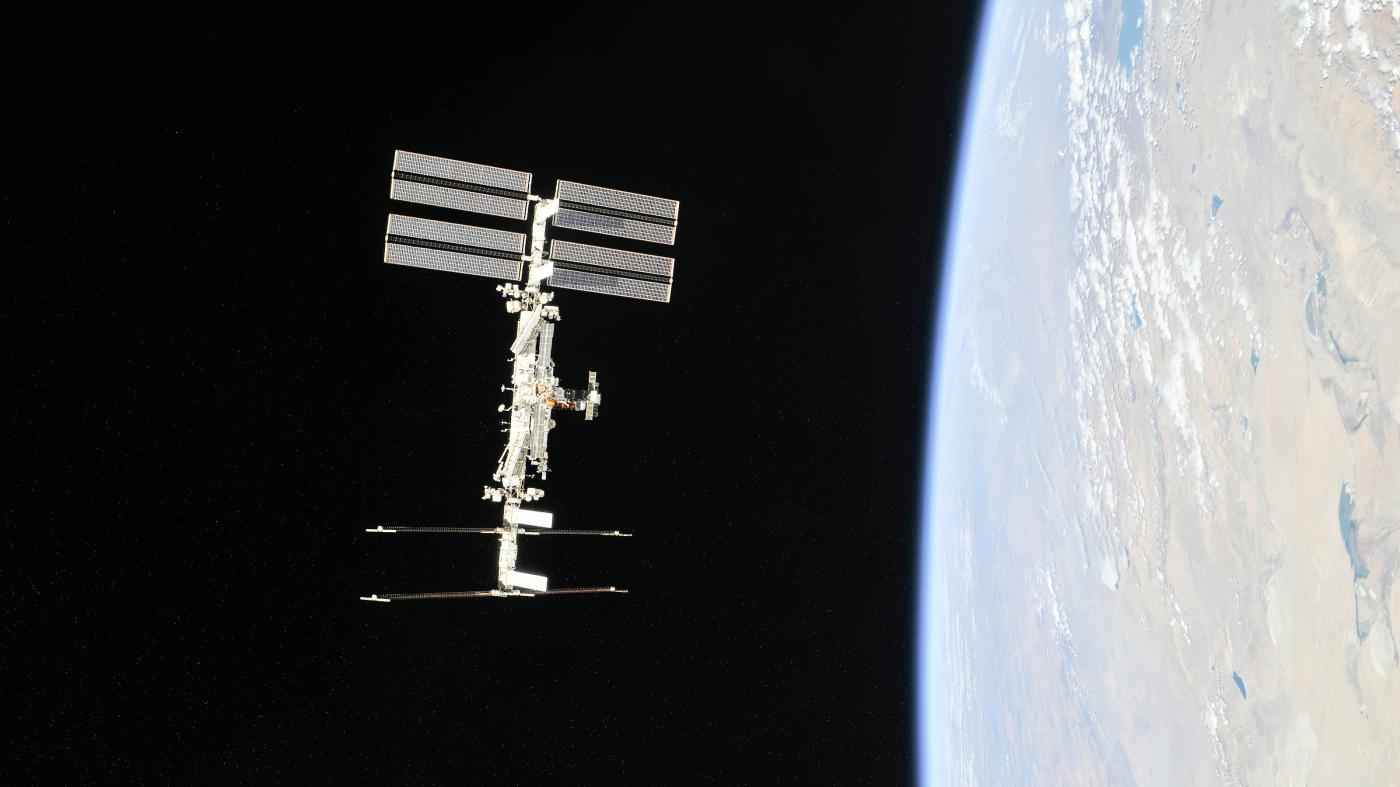Lucy is a mission to primitive asteroids orbiting Jupiter, where we’ll learn about planetary origins and the formation of the solar system. Lucy will complete a 12-year journey to seven different asteroids, more destinations in independent orbits than any space mission in history.








